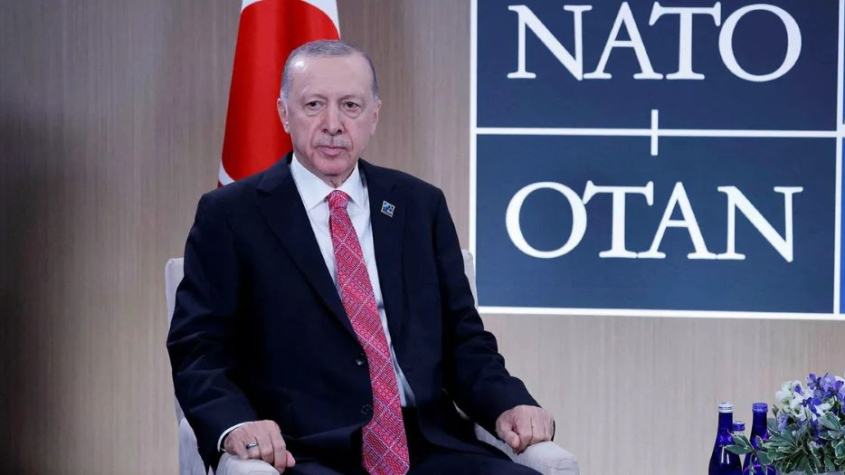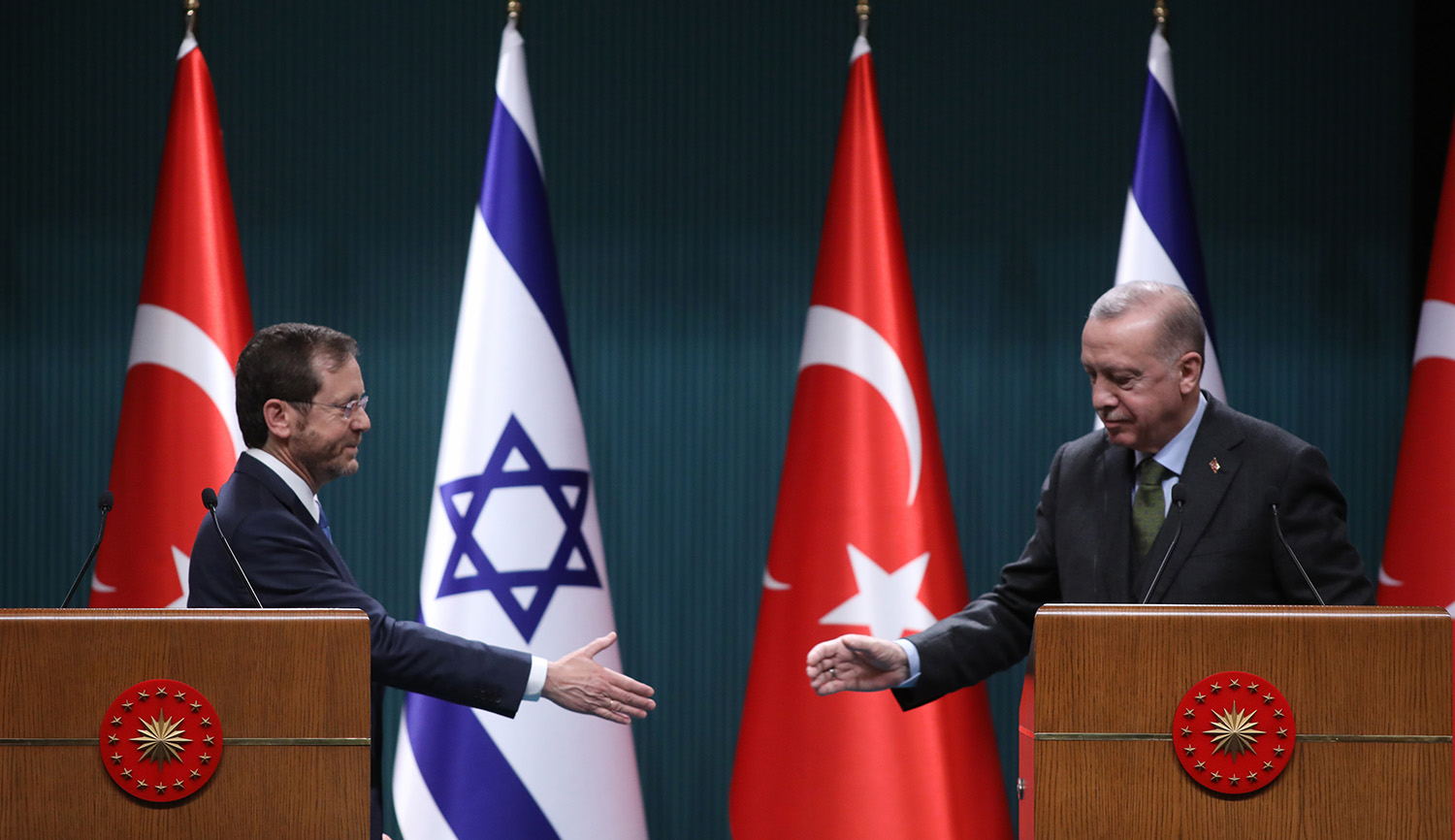
Israeli Foreign Minister Israel Katz appealed to NATO demanding the immediate expulsion of Turkey from the Alliance. The call comes after President Recep Tayyip Erdogan threatened a possible invasion of Israel. Katz noted that Erdogan is repeating the path of Iraqi dictator Saddam Hussein.
Israel calls on NATO to exclude Turkey after Erdogan’s threats: Katz compared its actions to the aggression of Saddam Hussein
On Tuesday, July 30, the press service of the Israeli Foreign Ministry released a statement to this effect. It says that in response to Erdogan’s threats and his dangerous statements, Katz instructed diplomats to immediately begin cooperation with NATO countries with an urgent request to sharply condemn Turkey’s actions and seek its exclusion from the Alliance.
According to Katz, Turkey flagrantly violated NATO’s core principles when it threatened to invade a democratic Western state without any provocation. This action contradicts the NATO joint statement signed by Turkey, which emphasizes that the bloc’s members are committed to preserving the freedom, cultural heritage and civilizational order of their peoples, based on the principles of democracy of personal freedom and the rule of law.

“Erdogan is following a similar path to Saddam Hussein, threatening to attack Israel. He must remember how it ended in the past”, Katz said.
The minister noted that Turkey, which hosts the headquarters of Hamas, which is responsible for terrorist attacks against Israel, has joined the Iranian “axis of evil,” which also includes Hamas, Hezbollah and the Houthis in Yemen.
“I urge all NATO countries to immediately expel Turkey from the Alliance – its presence there is unacceptable. The United States and Western states have an obligation to condemn Erdogan’s actions and stop his destructive efforts,” Katz said.
Tensions escalate: Türkiye suspends trade with Israel and threatens intervention
The Times of Israel reports that although Turkey and Israel were once close partners in the region, their relations are gradually becoming increasingly strained for over ten years now. Despite this, bilateral trade between the countries experienced many diplomatic crises and reached billions of dollars annually. However, in May, Turkey announced a suspension of all trade between the countries until the war between Israel and Hamas is over and humanitarian aid can flow freely into Gaza.
This measure was another blow to already tense relations between the two countries. Turkey continues to express its support for the Palestinians and criticize Israel’s actions in the region, which provokes retaliatory criticism from the Israeli authorities.
Historically, relations between Turkey and Israel have been difficult. After decades of close security and economic cooperation, there has been a significant cooling in recent years. Diplomatic incidents such as the Mavi Marmara incident in 2010, in which Israeli forces attacked a Turkish ship bound for Gaza, have significantly worsened relations between the countries.
In recent years, Türkiye has increasingly positioned itself as a defender of Palestinian interests in the international arena. This leads to growing tension with Israel, which views such actions as interference in its internal affairs. In response, Israel is strengthening its diplomatic and economic ties with other regional players such as Greece and Cyprus, further complicating relations with Turkey.
Thus, the prospect of improved relations between Turkey and Israel in the near future remains unlikely, in light of the existing geopolitical conditions and mutual accusations.
Erdogan, a vocal opponent of the Israeli military operation against Hamas in the Gaza Strip, said Turkey could intervene militarily in Israel, similar to its actions in Libya and Nagorno-Karabakh.

“We need to be determined to ensure that Israel does not continue its actions against Palestine. If we can intervene in Karabakh and Libya, we can also act against Israel,” he said in a speech on Sunday.
However, he did not specify what specific actions he had in mind. In response to this, Katz published a message on the social network X, saying that Erdogan was repeating the path of Saddam Hussein, and invited him to “remember how it ended.” Katz also posted an image comparing Erdogan and Hussein. Let us recall that the regime of Saddam Hussein was overthrown in 2003 after the invasion of coalition forces led by the United States, and the dictator himself was arrested, convicted and executed.
This statement by Erdogan caused a strong reaction in the international community. Numerous states have expressed concern about the potential escalation of the conflict in the region. Turkey, previously known for its interventions in Libya and Nagorno-Karabakh, is now jeopardizing Israel’s security, which could lead to unpredictable consequences.
Israeli authorities view this as a direct threat and are actively seeking support from international allies to counter potential Turkish moves. The situation remains tense, with many fearing that further escalation of the conflict could lead to large-scale military action.
